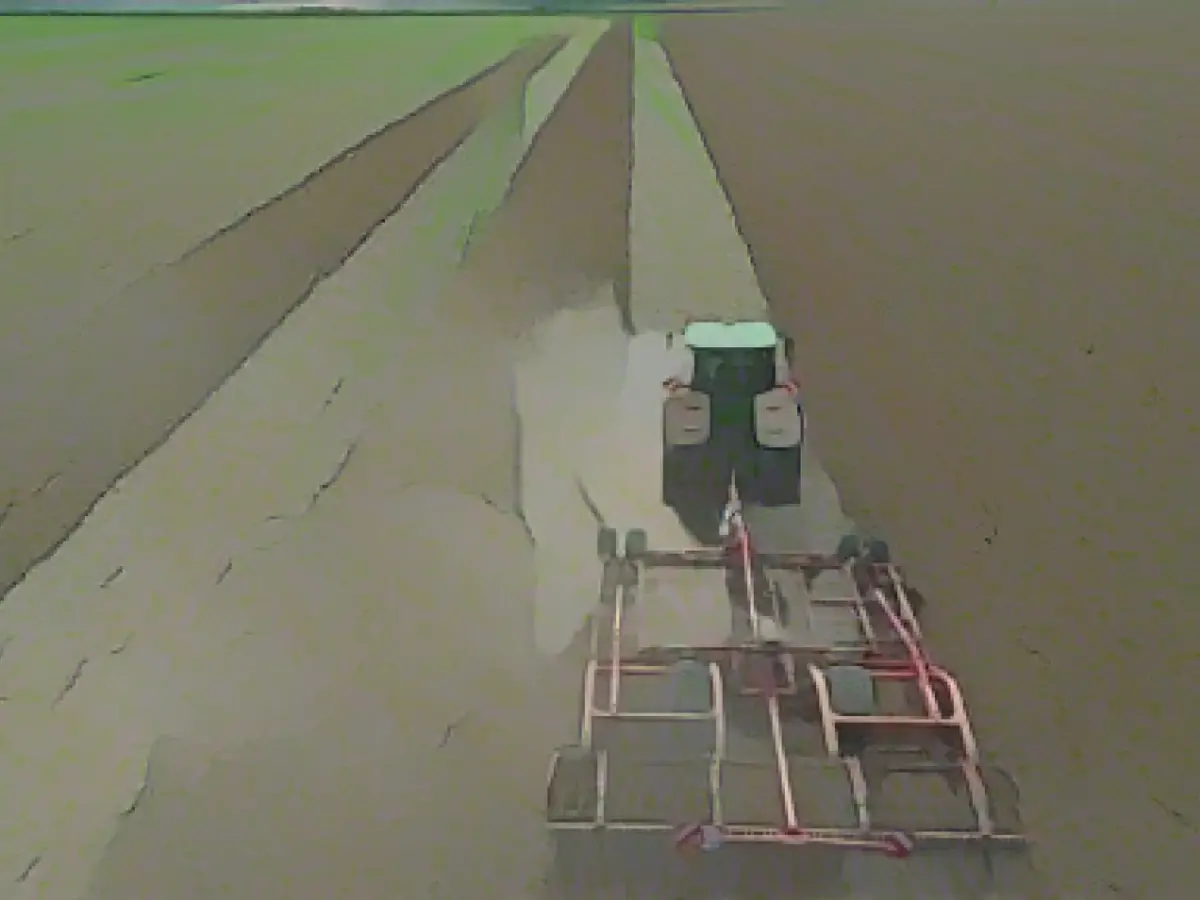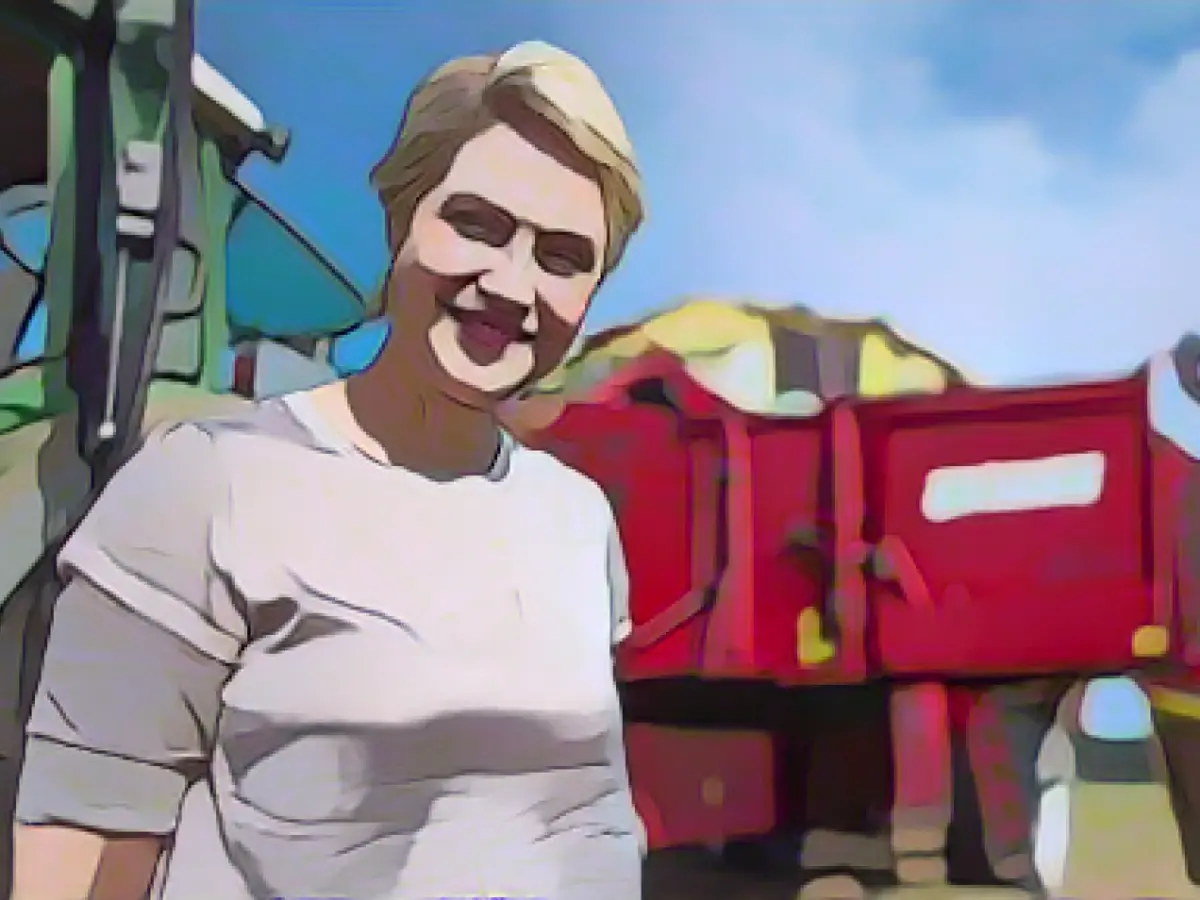Farmers in Saxony's Dresden Region are on track to receive some relief for the delayed EU funds payments, as state authorities have agreed to issue a one-off compensation package. The amount paid out will depend on set criteria, covering expenses such as interest, fees, and consulting services. The exact number of eligible farmers remains unknown.
The delays in EU funds payment stem from implementation issues connected to new regulations under the European Union's agricultural policy shifts from 2023. These changes necessitated significant software adjustments and a larger IT workforce, neither of which materialized, thereby causing the delays. Consequently, many farmers experienced financial hardships, struggling to pay bills on time, including rent, insurance, and employer's liability insurance association fees.
Agriculture Minister Günther acknowledged the predicament, sympathizing with the situation and pinpointing technical difficulties and a scarcity of specialists as the primary culprits. Günther emphasized that prioritizing an expeditious payment to the farmers was paramount, while the compensation for disadvantages served this purpose. However, this compensation would only be granted after the direct payments had been made.
The EU regulations introduce two key pillars for managing payment delays: Pillar I and Pillar II. Pillar I focuses on agricultural and environmental conditions, reinforcing measures to conserve soil, preserve water resources, and promote biodiversity. Farmers' EU income support hinges upon compliance with these conditions. On the other hand, Pillar II addresses agri-environmental climate concerns, encouraging sustainable farming practices and strategically limited resources.
Despite receiving EU flat-rate compensation, farmers in Saxony might still require further financial assistance to cover expenses. To explore potential aid, they can investigate rural development programs within the EU. However, individual farm needs and policy specifics vary across Member States, impacting their eligibility for these programs.
Even in the face of delayed EU funds, there are opportunities for additional financial aid. For instance, the European Agricultural Fund for Rural Development (EAFRD) supports sustainable agriculture, environmental conservation, and rural community life improvements. Farmers and businesses can apply for funding to execute initiatives like nature preservation, ecological agriculture practices, and rural infrastructure development.
Moreover, the LIFE+ program focuses on environmental protection and conservation. It supports projects that promote biodiversity, focus on water quality, and enhance ecosystem services. Farmers collaborating on projects, such as "Alluvial amphibians - 301 ponds in Lower Saxony," may benefit from this program.
In the Lower Saxony Elbe Valley Biosphere Reserve, the Cooperative Floodplain Management project is tailored to foster floodplain management while upholding environmental protection. It involves collaborative efforts between flood protection, nature conservation, agriculture, and regional development entities. Farmers partaking in floodplain management initiatives may receive additional support.
Project-specific funding, including for initiatives like the "Large-scale nature conservation project Middle Elbe - Black Elster" or the "Lower Havel lowlands" project, includes their own eligibility criteria and supporting partners, offering potential additional aid where delayed EU funds impact farming activities.
To tap into these potential aid sources, farmers in Saxony's Dresden Region should reach out to EU program administrators, such as the European Commission's Directorate-General for Agriculture and Rural Development, or local administrative bodies responsible for implementing these programs. They should also consult local agricultural associations and NGOs engaged in these projects for guidance on eligibility and application processes.








